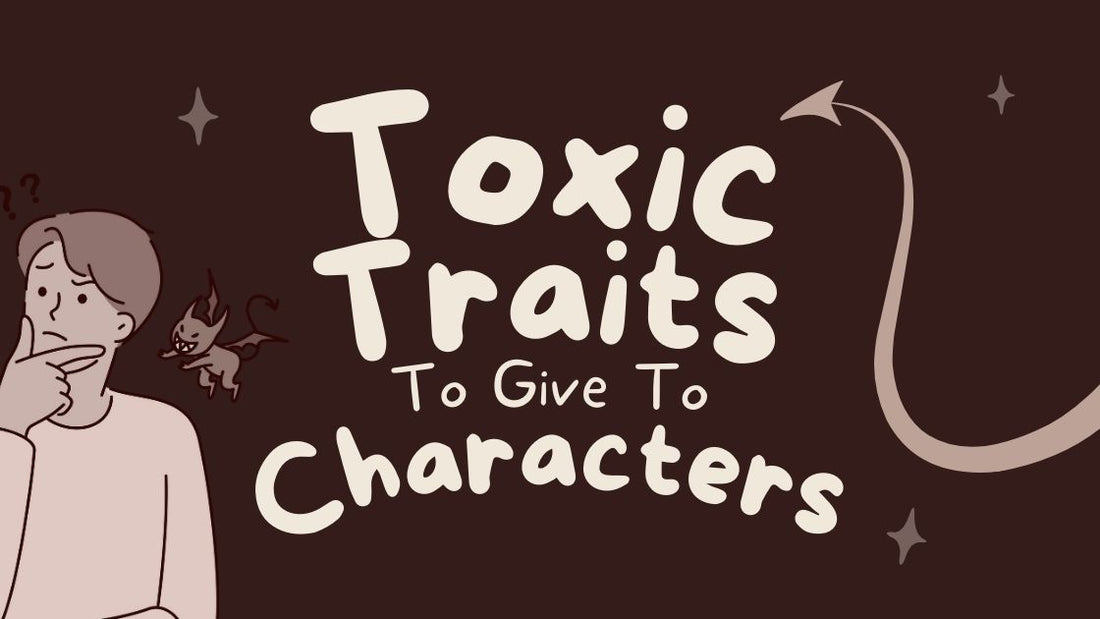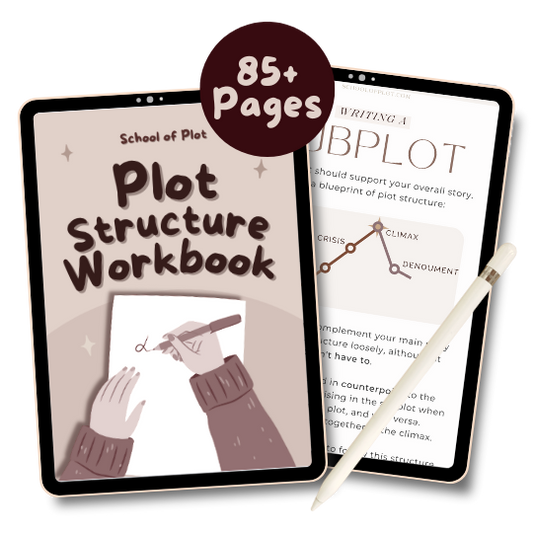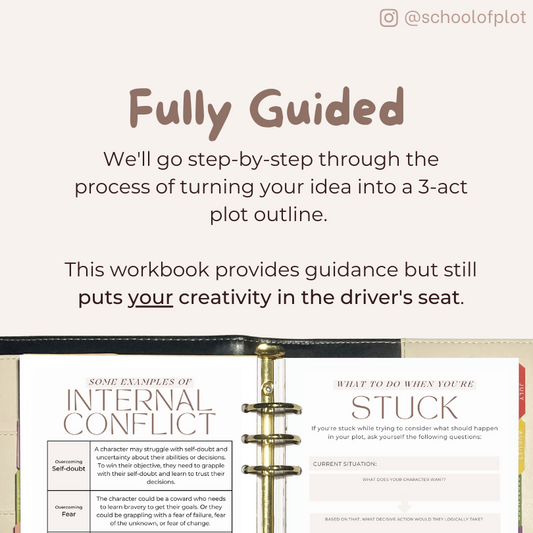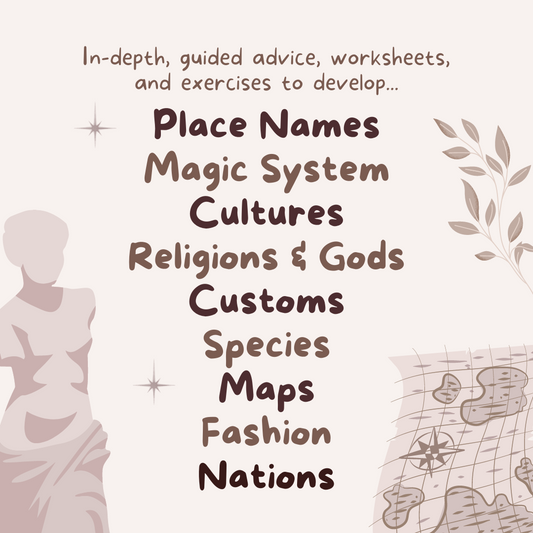Toxic traits provide a great foundation for character development. Throughout your story, your character may grapple with the consequences of their toxic behaviours, leading to character growth. Watching a character evolve and confront their flaws can be a compelling journey for the audience.
These traits can be used for secondary characters, villains, or even your protagonists. Nobody's all good, nor are they all evil. In most cases you could try to balance these traits with some redeeming qualities.
1. Victim Mindset
They blame other people or events for ALL their problems rather than taking responsibility when necessary. They consistently externalise blame. This can make them stagnant and resistant to change.
Their victim mindset could serve as a central obstacle in their character arc, requiring them to confront their tendency to blame others and learn to take responsibility for their actions.
2. Entitlement
They believe they inherently deserve special treatment, often leading to exploitative or arrogant behaviour. The character might face challenges in forming genuine connections as their entitled behaviour can alienate others.
The character's entitlement can be a source of conflict, both internally and externally, forcing them to confront the consequences of their actions and possibly undergo a humbling transformation. Their sense of superiority may lead to a downfall if they underestimate others.
3. Toxic Positivity
They try to "just be positive" instead of addressing underlying issues. They may dismiss their own valid negative emotions or alienate their friends. The character's journey might involve learning to acknowledge and address negative emotions.
4. Manipulation
They use deceit and cunning to manipulate others. The character may find themselves increasingly isolated as their manipulative tactics strain relationships. The constant need for deception could lead to internal conflicts and moral dilemmas.
The character's manipulative nature can create intricate plot twists, revealing the extent of their machinations and potentially leading to a redemption arc or a tragic downfall.
5. Compulsive Liar
They have a habit of inventing stories or exaggerating details, making it difficult for others to trust them. Trust becomes a significant issue for the character, affecting both personal and professional relationships.
The constant need to keep track of lies can create a stressful and precarious existence. Their lies can unravel in dramatic fashion, leading to a crisis that forces them to confront the truth and rebuild shattered trust.
6. Extreme Independence
They have struggle to rely on others or accept help, leading to isolation and strained relationships. The character may struggle with vulnerability, hindering their ability to form deep connections. Their independence might stem from past trauma or fear of relying on others.
Their journey could involve learning the value of interdependence and discovering the strength that comes from allowing others into their life, transforming their relationships.
7. Obsessed with Conformity
They’re overly concerned with fitting in and conforming to societal expectations. The character may suppress their true self to fit societal norms, leading to a sense of emptiness and inner conflict. They might feel constantly pressured to meet external expectations.
The character's arc could revolve around breaking free from societal expectations, embracing individuality, and finding fulfilment outside of conformity.
8. Boundary Violation
The character may struggle with forming healthy connections, as their disregard for boundaries can lead to strained relationships. They consistently cross personal boundaries (social, emotional or physical), prioritising their wants over the comfort of those around them.
It may stem from a lack of empathy or a need for control. The character's journey might involve learning the importance of respecting boundaries, with consequences for their actions affecting the plot and character dynamics.
9. Extreme Resentment
They hold intense jealousy towards others' success, to the point of undermining or even sabotaging them. The character's intense jealousy can consume them, leading to a toxic mindset that hinders personal growth. Their bitterness might isolate them further.
The character's resentment could drive them to take destructive actions, creating conflicts with others and potentially serving as a catalyst for change or redemption.
10. Passive-Aggression
Instead of addressing issues directly, this character expresses hostility indirectly, making them a poor communicator. Poor communication may result in fractured relationships, as the character struggles to express their needs and frustrations directly.
The character's passive-aggressive tendencies could lead to escalating conflicts, forcing them to confront their communication style and its impact on those around them.












